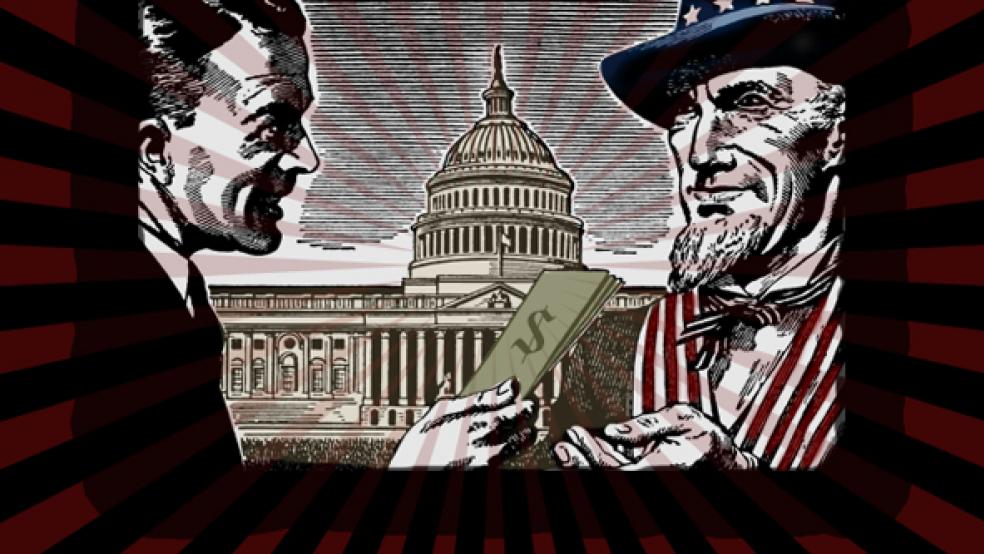President Biden’s 2023 budget request includes a proposed minimum tax on extraordinarily wealthy households. Under the plan, households worth more than $100 million would face a 20% minimum tax rate on their income – and income would be redefined to include unrealized capital gains.
According to the White House, the tax would apply to the top 0.01%, or less than 20,000 households. Any taxes paid by those households would count toward the 20% minimum, so the tax would apply only to those who pay less than 20% on their income and capital gains. And tax payments would be credited against future payments, if and when a given asset is sold.
The proposed tax would raise about $360 billion in revenue between 2023 and 2032, according to White House estimates, with more than half of that revenue coming from billionaires.
Biden also wants to raise the top income rate on higher earners from 37% to 39.6%, which would generate about $186 billion in additional revenues over 10 years.
Stretching the definition of income: Taxing the increase in the value of assets before they are sold would mark a significant change in how wealth is treated in the U.S. tax code. The plan echoes Senate Finance Committee Chairman Ron Wyden’s (D-OR) proposal from last year to start taxing the wealth of the very rich, who sometimes pay low tax rates relative to the value of the assets they own.
The White House says the tax would ensure that “the wealthiest Americans no longer pay a tax rate lower than teachers and firefighters.” But it’s worth noting that Wyden’s proposal gained little traction, and that opposition to such a change in the tax code would likely be fierce.
Important unanswered questions: The proposal lacks details. For example, the White House did not say how the federal government would determine which households meet the $100 million threshold. Many wealthy people own closely-held businesses and artworks that can be hard to value, so it could be tricky to determine who faces the tax. The plan would also likely face challenges about whether it violates the Constitution.
Higher rates for corporations, too: The budget request also includes an increase in the top corporate tax rate, which would rise from 21% to 28%. That’s “still well below the 35 percent rate that prevailed for most of the last several decades,” the White House says.
The bottom line: The White House wants the very rich – many of whom have done quite well during the pandemic, with the wealth of more than 800 U.S. billionaires tracked by Bloomberg rising by roughly $1.5 trillion over the last two years – to pay more in taxes. But however popular such ideas may be among voters, they tend to get pared back if not eliminated entirely once they reach the political trenches on Capitol Hill.




